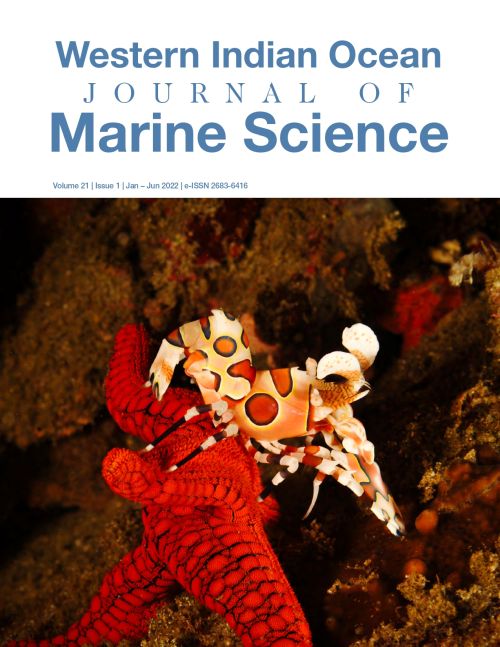Main Article Content
The influence of household human and social capitals on participation in agricultural development initiatives in the coastal region of Kenya
Abstract
The present study sought to establish the human and social capital that determines rural households’ participation in agricultural projects and programmes implemented by the Kenyan government and development partners. The research was carried out among rural households in the three counties of the coastal region of Kenya. Multi-stage sampling techniques (purposive, proportionate random and simple random sampling) were used to select the study area and the study sample. Data were collected using a semi-structured questionnaire, Focus Group Discussion and observation schedules. The data analysis was carried out using descriptive statistics and regression analysis with the help of the Statistical Package for Social Sciences Version 22. The findings revealed that individuals with human capital; namely age (-0.15), primary education (-0.16), secondary education (-0.14), vocational training (0.35), and on the of job training (0.25), have a higher likelihood of participating in agricultural development initiatives. Households with the social capital of membership to groups (0.51), engaged in economic activities (0.53) and have linkages with development agencies (0.44) have a higher likelihood of participating in development initiatives. Key policy recommendations for county government and development partners include: encourage the community members to enrol in adult education; provide support for vocational and technical training; register as members in existing groups or form groups based on common interest, and engage in economic activities. The county governments should enhance advisory services to ensure close contact with professionals who will facilitate training, meetings and interactions with groups leading to the empowerment of members.






